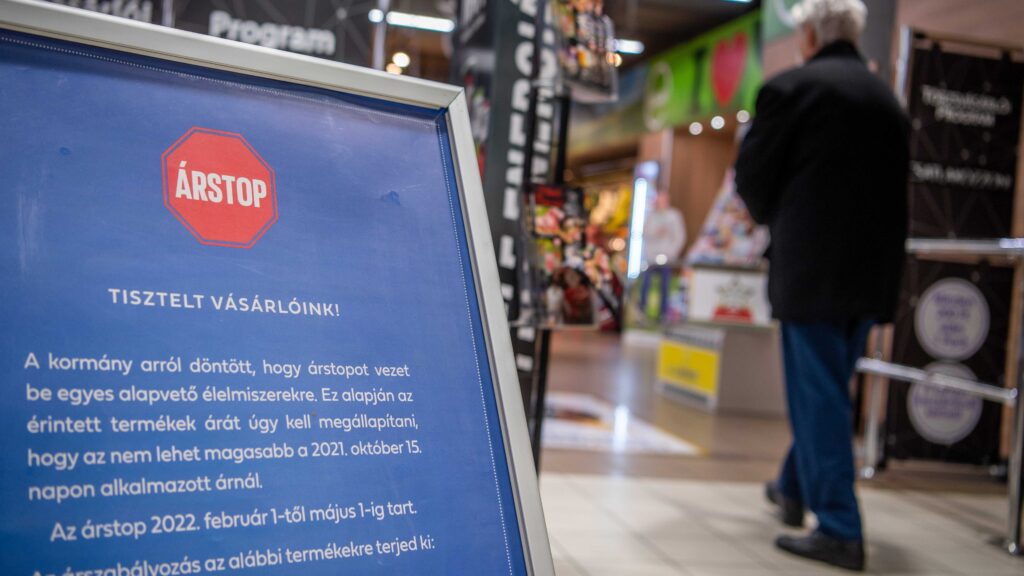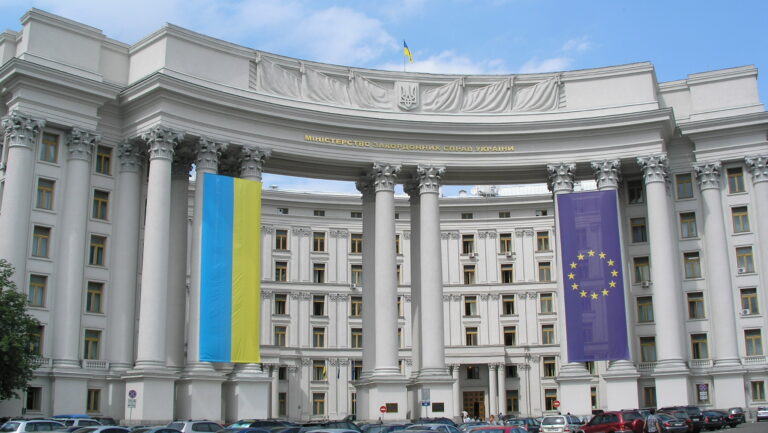The price of oil, like any other essential product of our lifestyle, is determined by supply and demand. During the 2010s, global crude oil production saw a steady increase, primarily driven by the United States, which claimed the world’s largest oil producer title from Saudi Arabia in 2017 and was able to more than double its initial output by end of the decade (largely due to effective technologies, like fracking). So, while the economic growth constantly kept the demand high, the rising supply still kept fuel prices more or less stable and affordable. Until it all came to a crashing halt in 2020. As the pandemic hit and lockdowns were initiated across the world, demand plummeted, and so did production soon after. Decreasing supply was the only way to save fuel prices from falling too low, which would have meant serious damage to the energy industry. But then, in 2021, as the world economy was switched into forced recovery mode and people started to travel again, suddenly supply couldn’t keep up with the demand, resulting in a sharp increase in fuel prices. By early 2022, at last, crude oil production rates were starting to resemble the pre-pandemic levels, and as a response, the market finally seemed to begin to stabilize itself, slightly decreasing fuel prices across the board. Then, in a cruel twist of fate, Russia invaded Ukraine in late February, casting the whole market into disarray and promptly shooting prices back up – in a relentless march of increase with no end in sight.
The latest blow to the already non-existent supply and demand balance was dealt by the European Union with its long-sought, yet foolishly rushed effort to entirely ban Russian oil from its markets. While the initial deal had to be reconsidered because of the Hungarian diplomatic core’s resolute stand to protect the country’s foremost interests (resulting in ditching the idea of a complete ban on Russian oil imports and reaching a compromise, cutting only two-thirds of the initial volume and gradually increasing that to 90% by the end of the year), the EU’s move put a significant burden on the European – and by extension, the global – economies. The disappearance of Russian oil from the European market cannot magically increase production levels in America or the Middle East overnight, so supplies are getting thinner by the day while demand has no reason to slow. The result is record-high fuel prices all over the West, with officials struggling to find solutions.
The EU’s move put a significant burden on global economies
For instance, as American gas stations prepare for the unthinkable threshold of $10/gallon by adding a new digit to their price boards, US president Joe Biden recently announced a mandatory increase of the volume of corn-based ethanol to be blended into US-sold petrol. Typically, American fuel blends contain around 10 per cent ethanol, while the cheaper 15 per cent version (called E15) is prohibited to be sold during summer months due to the increased levels of smog it produces. The Biden administration has already lifted the ban for this summer two months ago, but now it seems that more radical steps are required to tame the surging prices, and E15 could become the only option for months to come, even if it is considerably worse for both engines and the environment. According to Biden, E15 can save an average driver only ten cents a gallon, which, to be honest, does not seem like a good bargain considering the hundreds–if not thousands–of dollars’ worth of repairs especially older cars could potentially need after running on the cheap gas for months.
Like the idea of green energy transition was the luxury of a simpler time
One of President Biden’s campaign promises was a complete federal ban on fracking. Of course, no one could have foreseen the Russo-Ukrainian war happening in 2020, but in retrospect, the Democratic party’s commitment to eliminate fracking might have been a bit rushed. Now, ironically enough, the Democrats have gone back on their position entirely, calling for increased production levels as soon as possible. After all, saving the planet is one thing, and surviving the biggest energy crisis in our lifetime is another. It looks like the idea of a green energy transition really was just the luxury of a simpler time. For now, all we need is more oil, and fast. If Western governments cannot bring this crisis under control soon enough, the political and social consequences could be dire. For instance, Joe Biden has just become the least popular president in the history of the United States at this point of their presidency, and it doesn’t look like his approval rating will rise for now.
As for Europe, the situation is similarly worrisome. In most Western European countries, the price of regular petrol has already surpassed €2 a litre, and it is already above €2.30 in some. There is only one country in the EU with a litre of petrol costing less than €1.50 – Hungary, which introduced a price cap at HUF 480 (around €1.25). On top of that, Europeans are told to brace for periods of fuel shortages this summer, as the tourist season is set to drive the demand even further. This is also the reason why Hungary fought so hard to be able to continue importing Russian oil, as otherwise it would be unable to sustain the price cap or keep the supplies at the necessary level. The price cap not only helps Hungarian citizens (who are already burdened by soaring inflation, like in any other country) but also keeps businesses afloat, many of which could not shoulder rising transportation prices.

The prevailing Western narrative is that surging fuel prices are but a small sacrifice to pay to support Ukraine. Indeed, Ukraine deserves the West’s full support – but only until the point where our sanctions do not hurt us more than they do the Russians. Beyond that point, the sanctions only serve to shoot ourselves in the foot; weakening our own economies, sowing political turmoil in our capitals and impoverishing our own people helps no one in Ukraine and does not hurt Russia – quite the contrary, strategically speaking.
Hungary has chosen to adopt this reasoning (its own citizens first, and all possible assistance to Ukraine within reasonable boundaries) and stands firmly by it to this day. Others chose to struggle with high prices, amidst the desperate efforts of rushed energy diversification. But how long will that be sustainable? How long until the people all over the West take to the streets to protest high fuel and energy prices as well as inflation in general? Every society has a breaking point, and I’d much rather not wait to see that reached and say: but hey, at least we saved Ukraine!







